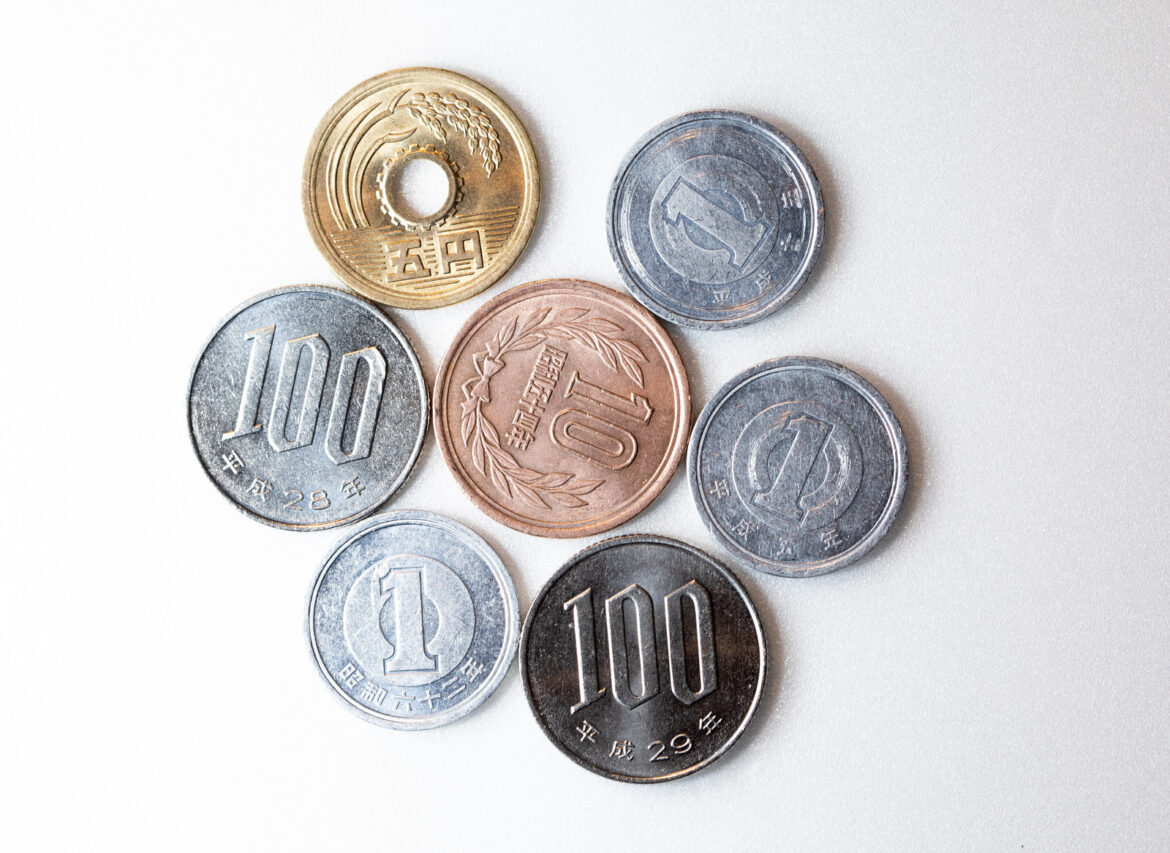Tips for Inbound Travelers on Japan’s No-Tipping Tradition
When you visit Japan, one of the cultural norms that may pleasantly surprise you is the no-tipping tradition. Understanding this custom can help you navigate through various service encounters more smoothly, respecting the local etiquette and avoiding any social faux pas. Here is a detailed guide to help you grasp this unique aspect of Japanese culture.
1. Understanding the No-Tipping Culture in Japan
In Japan, the concept of service is deeply integrated into the social fabric. Service providers are expected to do their job to the best of their ability out of a sense of pride and duty, rather than for extra monetary incentives. This philosophy is rooted in the Japanese principle of ‘omotenashi’, which translates to wholeheartedly looking after guests. Omotenashi is about providing impeccable service without expecting anything in return.
2. Where Tipping Might Be Considered Disrespectful
In most service situations in Japan—restaurants, taxis, hair salons, and hotels—tipping is not only unnecessary but can also be seen as insulting. It may be interpreted as suggesting that the service workers depend on charity. The wages for service professionals in Japan typically account for good service, and as such, extra rewards are not expected or required.
3. Exceptions to the Rule
There are a few exceptions where tipping might occur, but these are highly specific and generally involve a personal relationship or a particularly elaborate service. For example, you might encounter a ryokan (traditional inn) where tipping in an envelope for exceptional service is acceptable. This, however, is an exception rather than the rule and is always done discreetly.
4. How to Handle Situations Where You Might Feel a Tip is Warranted
If you receive service that goes above and beyond, a polite thank you or a small non-monetary token of appreciation, like a thank you card, can be more appreciated than cash. Expressing gratitude verbally is also highly valued in Japan and maintains the dignity of the service relationship.
5. Cultural Nuances to Keep in Mind
Understanding and respecting local customs is crucial. In Japan, the interaction between the service provider and the customer is seen as an integral part of the service itself. Therefore, respect, politeness, and gratitude are considered more valuable than monetary tips.
6. Practical Tips for Travelers
- Always be polite and thank your service providers warmly.
- If you are unsure whether tipping is appropriate, observe what others are doing or politely ask a local friend or your guide.
- Carry small thank-you cards or small gifts from your home country, which can be a thoughtful alternative to tipping.
Conclusion
Navigating Japan’s no-tipping culture can enhance your travel experience and show your respect for local customs. By embracing this tradition, you contribute to the cultural exchange that enriches both visitors and hosts in Japan. Remember, when in doubt, opt for a heartfelt thank you instead of reaching for your wallet.

Leave a Reply